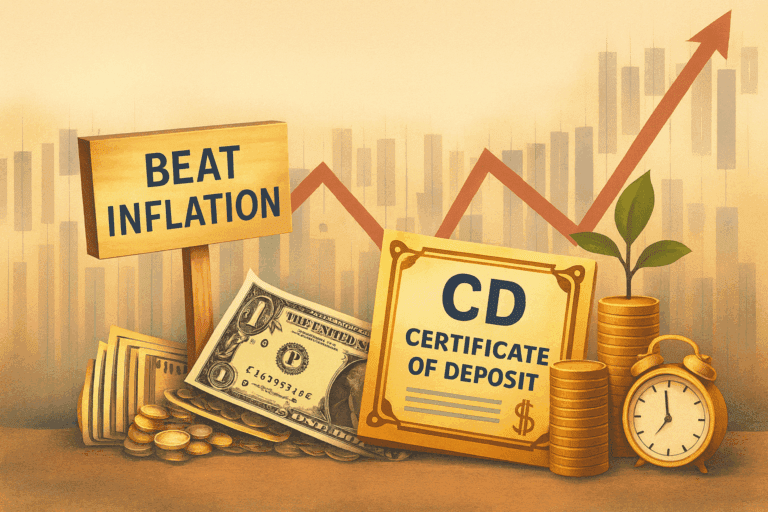The Federal Reserve might start cutting its benchmark interest rates soon. But is that a good thing for the economy? With most Americans facing down harsh inflation and rising costs for basic goods, the biggest question most people are asking is if this is the right time to be loosening up the restrictions meant to cool the economy off.
The Federal Reserve
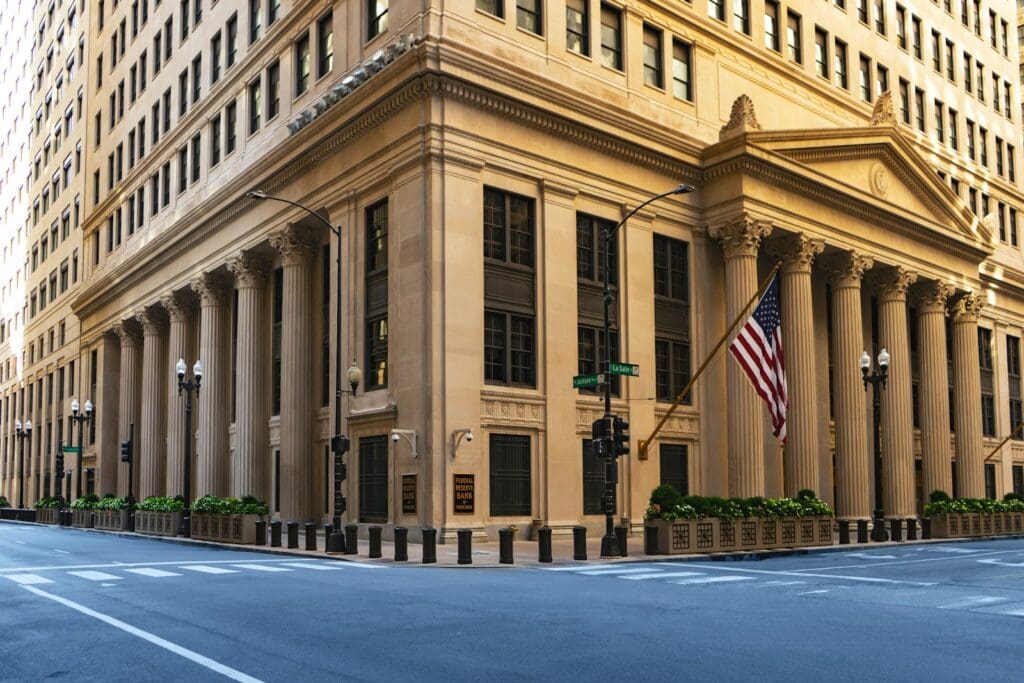
It’s the Federal Reserve’s job to set monetary policy for the United States. That’s a huge job, given how important the US dollar is for international markets. The Fed gets to set the federal funds rate, which sets the benchmark for the rates banks can use to lend money to each other.
Rising Rates
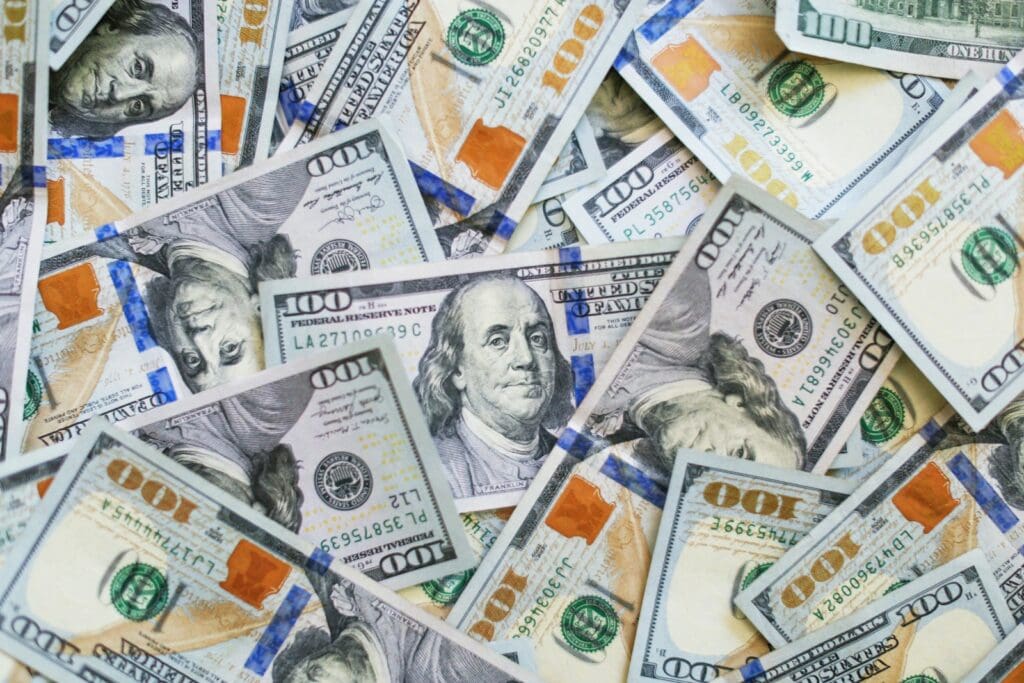
In 2022 and 2023, the Fed was very concerned about rising inflation. In response, the central bank kept interest rates high to slow the economy down and make it harder for businesses to expand rapidly. This seems to have worked, as the inflation rate has actually stabilized recently.
Why Stop Now?
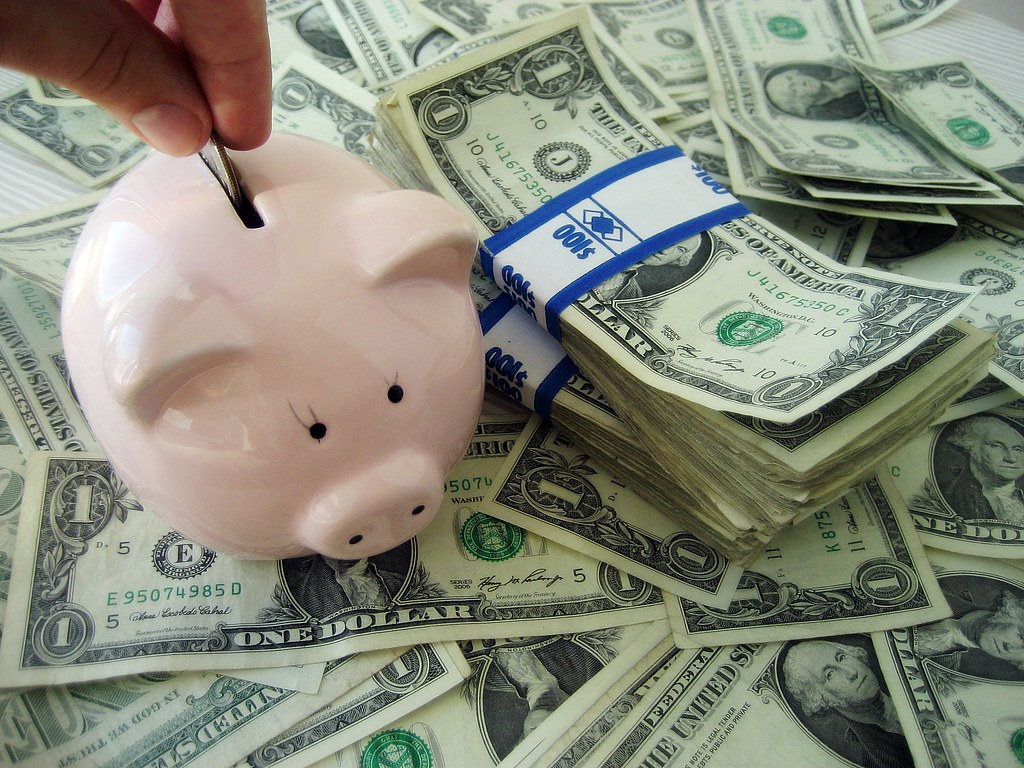
So, if inflation is a bad thing and higher interest rates slow inflation down, why would the Fed stop just when the plan is working? The answer is a bit complicated, but in a general sense it’s because higher interest rates also cause economic slowdowns. If left in place for too long, higher interest rates could help spark economic recession or even depression, undoing all the hard work the Fed did to stabilize the economy!
Economic Impact
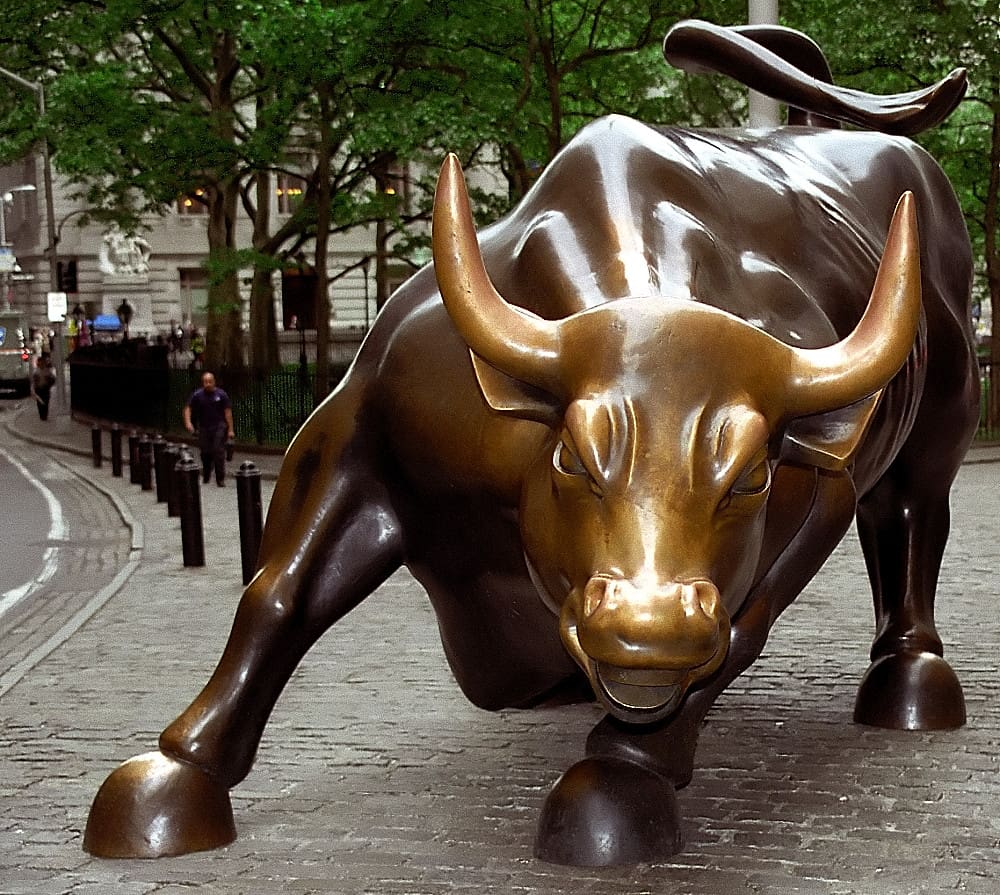
In a nutshell, lower interest rates would lead to businesses spending more money as the cost of borrowing comes down. This could help improve employment, as businesses that are spending more money need more employees. These two forces, inflation versus unemployment, are often seen in conflict when it comes to the Fed’s attempts to control interest rates.
For Individuals

At an individual level, lower interest rates could also cause smaller loans like credit cards and car loans to enjoy lower costs. This can even apply to mortgages, which would help ease the burden in the housing market that has been stifling new purchases since 2020. Still, this could lead to higher inflation in the long term, a major concern for the average American household.
Complicating Factors
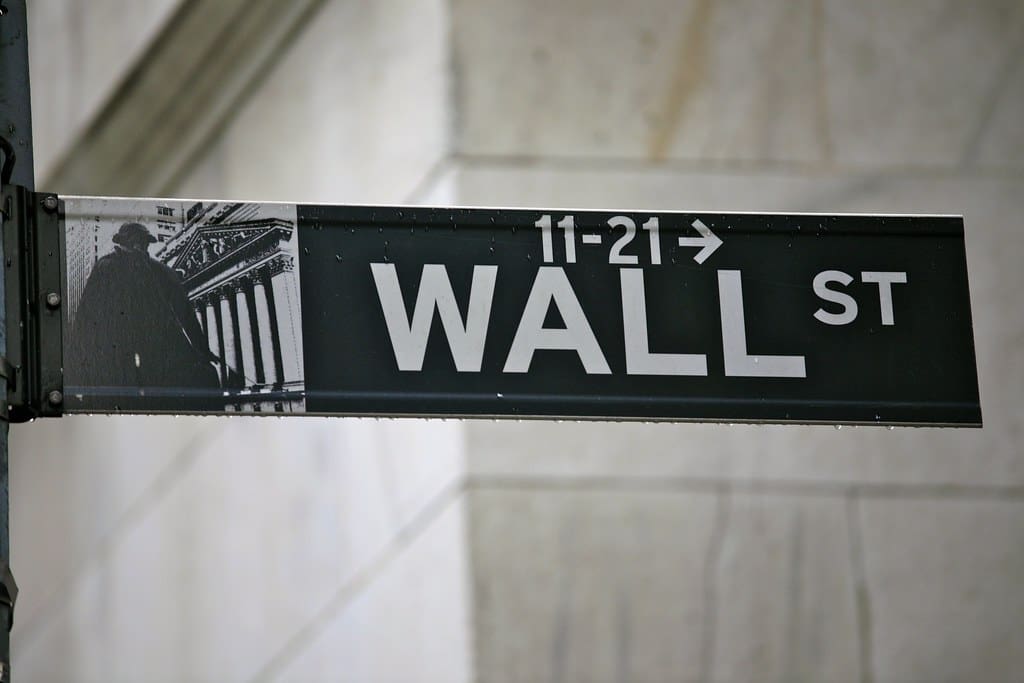
The Federal Reserve is a very experienced and well-funded organization. They have more expertise than anyone when it comes to setting financial policy. And still, they’re not infallible. No one can predict the future! There are complicating factors in the months ahead that could dramatically alter the shape of the economy.
Election Year
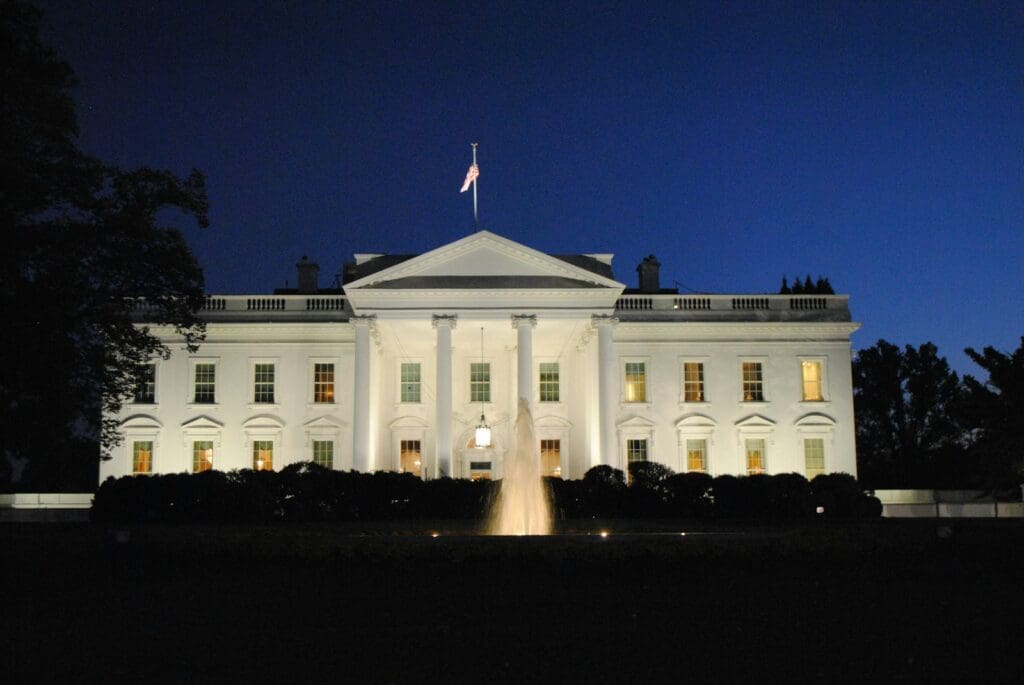
The twists and turns of a presidential election year can cause the market to do some odd things. Lowering interest rates while unexpected things happen in Washington DC can have some unexpected consequences for the economy, no matter what the Fed’s intentions are.
Inflation Roaring Back
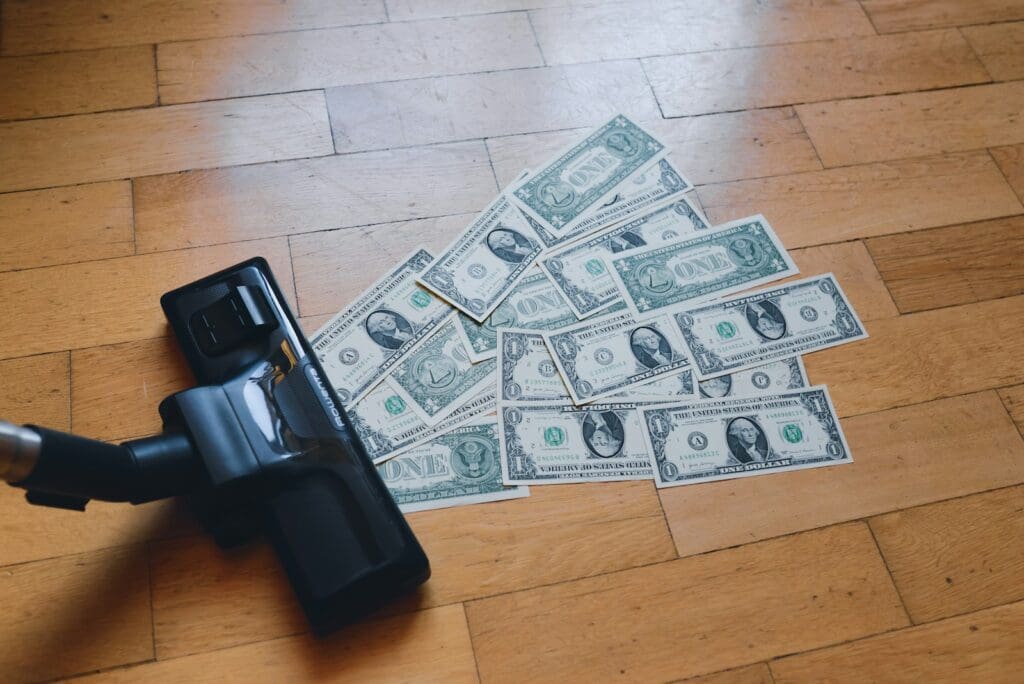
The Fed’s just gotten a handle on inflation after nearly four years of grappling with rising prices. If lowering interest rates sees inflation come roaring back, the Fed might not waste any time shutting down future rate cuts until things calm down. The global economy is still reeling from the supply chain disruptions it endured in 2020.
Read More: 15 Ways Life is Different for Millennials than Baby Boomers
No Change

It’s also possible that businesses are so squeamish about the future of the economy that they simply avoid spending more like the Fed would expect them to. This “no change” scenario isn’t likely, but, again, no one can predict the future. In short, it’s hard to say what the “right” path is, and the Fed is just making their best educated guesses.
Read More: Is a Recession Still Likely?
Are Rate Cuts Good for the Economy?
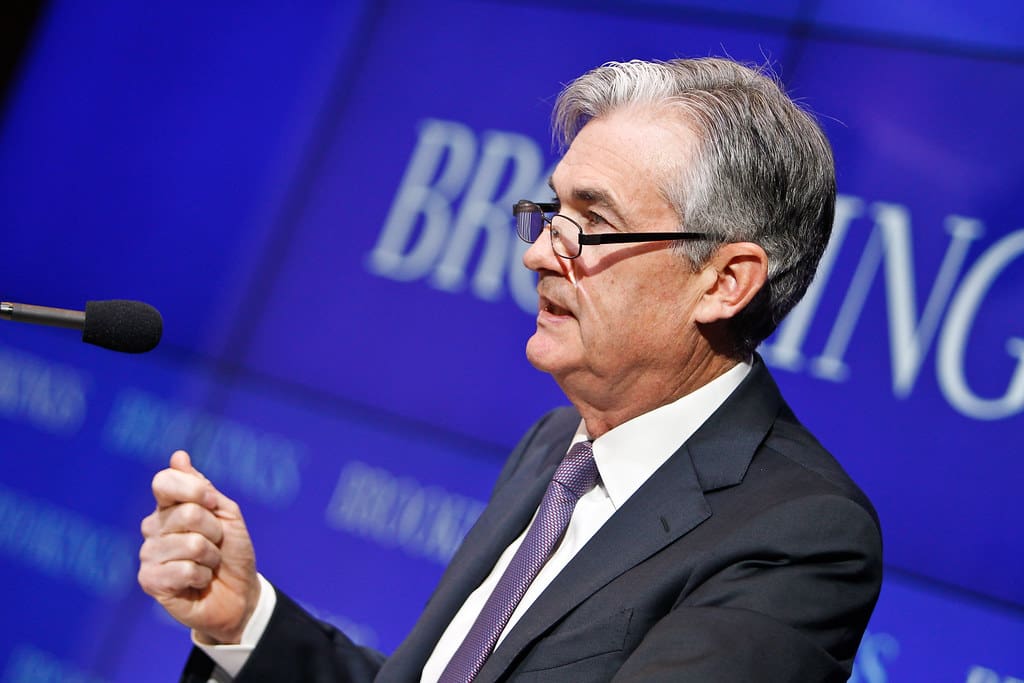
In general, if rate cuts were bad for the economy the Fed would simply revert them. It’s unlikely that they’ll have an immediately noticeable impact on the spending habits of individuals, those steep enough cuts could quickly lead to businesses making more aggressive moves—including hiring new workers.
Read More: Why Have Interest Rates Been So High?

